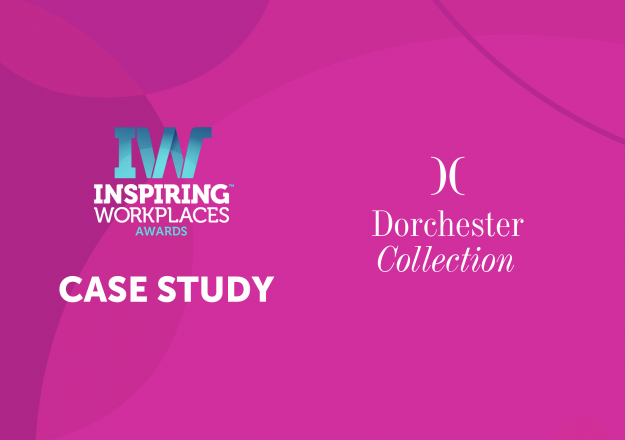
25th July 2024
Unlocking the Gen Z Code: Simple Strategies to Bridge the Generation Gap at Work

Gen Z, born between 1995 and 2012, are digital natives entering the workforce, requiring clear communication and boundaries at work. Businesses should specify communication methods, set workplace expectations, offer feedback, promote diversity, and implement mentorship programs to bridge generational gaps and foster a collaborative, innovative environment.
This article was written by Tara Joseph and published in Entrepreneur.
live in southern California, a region that prides itself on a relaxed and casual attitude. But I have seen utter exasperation of my young associates when I am painstakingly slow learning a new digital tool. I have also heard many complain about their jobs because an office environment feels like visiting Mars.
Every generation has its hallmark trait. GenZs, born between 1995 and 2012, are known as the first generation of digital natives. Most were introduced to iPhones while they were still being wheeled around in strollers. They played on iPads as toddlers and engaged with social media before adolescence.
Fast-forward just a few years, and early Gen Zers are rapidly entering the work world. At age 29, some may already have started their own businesses, while a multitude of Gen Zers are now graduating from college and applying for jobs. In other words, they are becoming a larger chunk of the workforce. Learning to communicate across the generation gap is crucial to molding a coherent, collaborative workforce.
American Gen Zs are much more diverse than previous generations. From 2000 to 2010, the country’s Hispanic population grew at four times the rate of the total U.S. population, according to the U.S. Census Department. The number of Americans calling themselves mixed white and black rose 134 percent. LGBT identification in the U.S. is now up nearly 8 percent, according to a Gallup poll, with close to three out of ten women identifying as LGBTQ+.
Last but not least, many Gen Zs spent crucial social development phases studying at home during the COVID-19 pandemic. The experience made it hard for many to return to group activities as they learned to study, play video games and converse online. Why go out when the world is at your fingertips?
In sum, these digital natives operate and communicate very differently than anyone over 35 who learned from textbooks and chalkboards and assembled in the office pantry.
With many Gen Z’s working starting work, here are a few tips for bridging potential communications gap and building lasting and trusting younger generation employees:
1. Communication
Clarify the primary form of communication you expect them to use at work when you make a new hire. SMS, Whatsapp, in-house chat systems, and personal conversations or email are just a few forms of sharing information. Ensure they know what to use — and are well adapted to use it. Stay consistent in using these forms of communication yourself. And outline how quickly you generally expect a response.
The Inspiring Workplaces Awards are open!
3 ways to be Recognised: Organisations, Individuals and Vendors.






